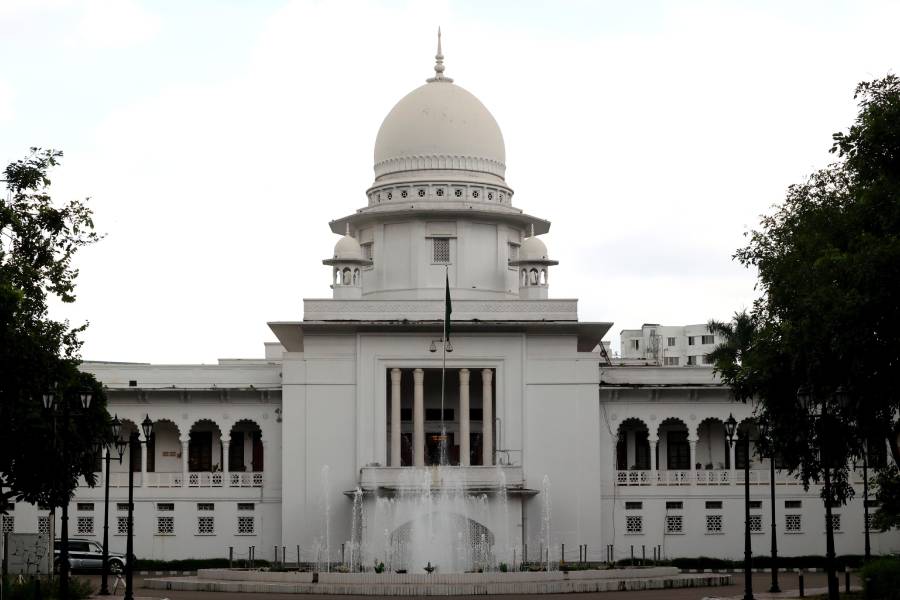HC issues rule questioning legality of president’s pardon power without clear policy

Published :
Updated :

The High Court has questioned why the president’s power to pardon convicted individuals without a clear policy framework should not be considered illegal and unconstitutional.
The bench of Justice Farah Mahbub and Debashish Roy Chowdhury issued the rule after a hearing on a writ petition related to the matter on Monday, reports bdnews24.com.
The petition was presented by lawyer Ishrat Hasan, who was assisted by lawyers Rashidul Hasan, Tanzila Rahman, and Ifat Hasan Shammi. Deputy Attorney General Mohsin Kabir Roky represented the state.
Lawyer Ishrat Hasan, who presented the writ petition, said that the rule calls for an explanation as to why a directive should not be issued to establish guidelines for the president’s power to grant pardons.
“The president’s authority to pardon has been severely misused. Under the previous government, this power was exploited to grant clemency to convicted criminals, including murderers. This has raised serious concerns about justice and has shaken public confidence in the fairness of the legal system. To prevent further abuse, a structured policy must be introduced,” she said.
On Jan 20, Ishrat filed a public interest writ petition challenging the legality of the president’s power to grant pardons without a formal policy.
The petition argues that while Article 49 of the Constitution grants the president the authority to pardon, this power is absolute and operates without any defined guidelines. There are no clear criteria for determining who qualifies for a pardon, which contradicts Articles 7, 27, 31, and 32 of the Constitution.
The petition highlights instances where this power has been misused to pardon convicted individuals, including former army chief Aziz Ahmed’s borther Tofail Ahmed, also known as Joseph, and Aslam Fakir.
The petition names the cabinet secretary, law secretary, home secretary, parliament secretary, and the president’s office secretary as respondents.


 For all latest news, follow The Financial Express Google News channel.
For all latest news, follow The Financial Express Google News channel.